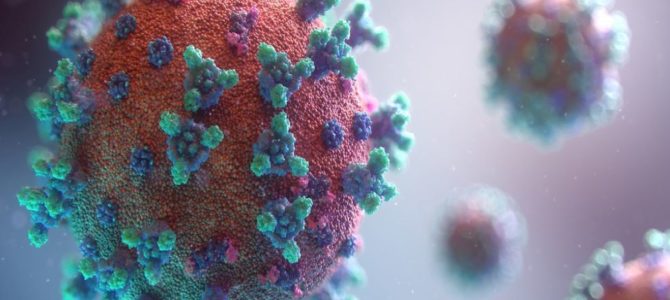A newly released study conducted by Emory University suggests recovered COVID-19 patients possess long-term immunity to the respiratory virus months after infection.
Published in Cell Reports Medicine, the comprehensive study analyzed 254 individuals with mostly mild to moderate symptoms of SARS-CoV-2 infection over an eight-month period and found that patients possessed “durable broad-based immune responses” to the virus after recovering from an infection.
“The study serves as a framework to define and predict long-lived immunity to SARS-CoV-2 after natural infection,” said Emory Vaccine Center director Rafi Ahmed. “We also saw indications in this phase that natural immunity could continue to persist.” Ahmed served as a lead author on the study.
The study goes on to note that in response to an active infection in the body, the human immune system produces a multitude of neutralizing antibodies, while also activating certain T and B cells to establish immune memory. Ahmed denotes that these developments make a strong case for some form of lasting immunity to the virus.
“We saw that antibody responses, especially IgG antibodies, were not only durable in the vast majority of patients but decayed at a slower rate than previously estimated, which suggests that patients are generating longer-lived plasma cells that can neutralize the SARS-CoV-2 spike protein,” he said.
Moreover, the analysis also demonstrates that not only are recovered patients likely to possess lasting immunity to existing SARS-COV-2 variants, but that “SARS-CoV-2 infection also boosts antibody titers to SARS-CoV-1 and common betacoronaviruses.”
“While pre-existing exposure and antibodies against HKU1 and OC43 betacoronaviruses are common in adults, pre-existing SARS-CoV-1 exposure is rare and antibody levels to SARS-CoV-1 spike protein were very low (essentially negative) in the pre-pandemic healthy controls,” the study says. “However, SARS-CoV-1 spike-reactive antibodies increased significantly after SARS-CoV-2 infection.”
The report later goes on to conclude that taken together, the results of the study “suggest that broad and effective immunity may persist long-term in recovered COVID-19 patients.”
The study’s participants are expected to be evaluated by the Emory research team over the next few years as part of continued research on the matter.









